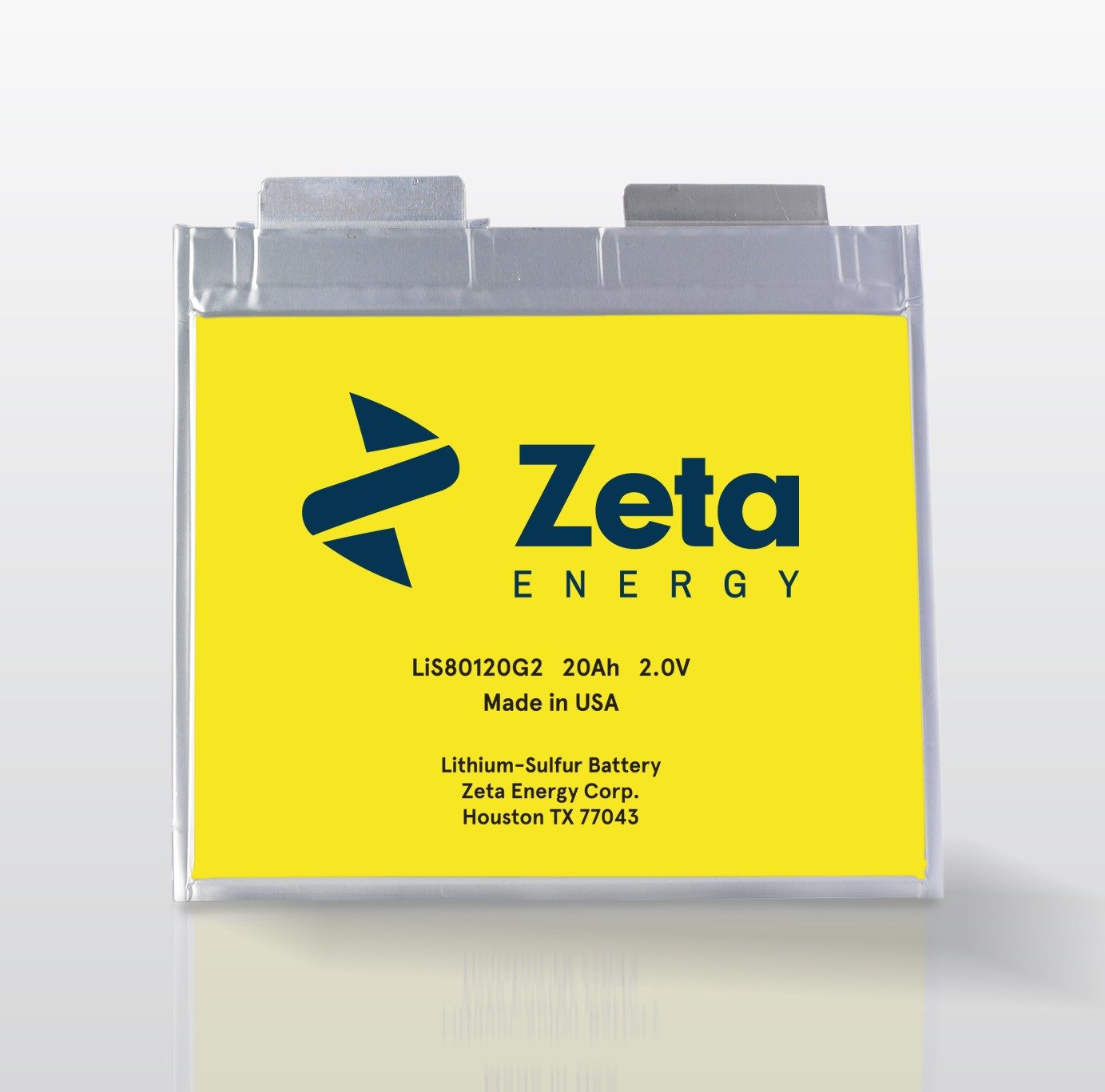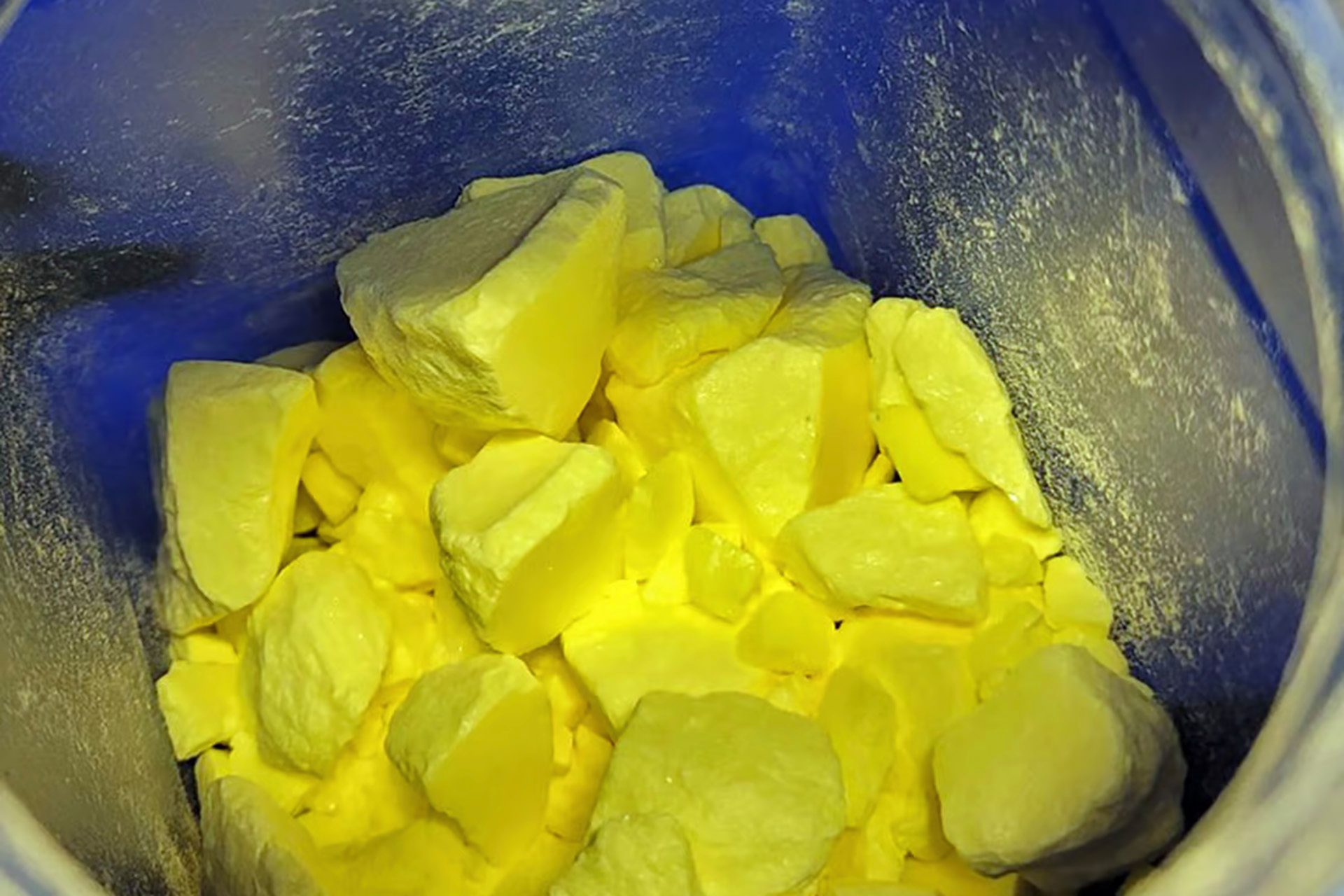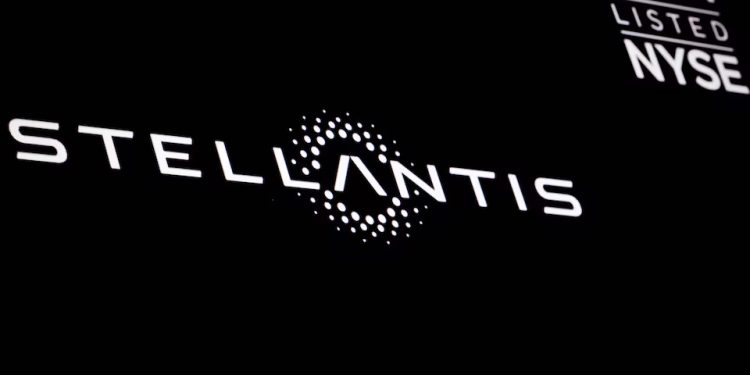Stellantis to Roll Out Cheap EV Batteries by 2030
Words NZ Autocar | Images Stellantis, Zeta Energy
Zeta and Stellantis have formally agreed to co-develop a lighter, less expensive lithium-sulphur battery pack with the same usable energy as a lithium-ion alternative. This will enable greater range, improved handling and enhanced performance, all at less cost.
The technology also has the potential to improve fast-charging speed which would make EV ownership more convenient.

Zeta says lithium-sulphur EV batteries have “a game-changing gravimetric energy density”. A Li-ion battery typically packs up to 250 watt-hours per kilogram (Wh/kg). Li-S can achieve up to 400-600 Wh/kg. Volumetric energy density is the same as for existing lithium-ion technology (joules per volume of space).
Because they use none of the rare earth elements present in NMC batteries, lithium-sulphur packs are expected to cost less than half the price per kWh of today’s lithium-ion batteries.
Zeta says this technology has the potential to improve fast-charging speed by up to 50 per cent. The chemistry doesn’t rely on the slow diffusion of lithium ions into solid materials. Instead, reactions occur directly between the lithium and sulphur. The batteries also operate at lower voltages, so they don’t have as much resistance during charging, making them absorb energy more quickly.
Perhaps the final plus is this: The sulphur in Li-S is in a solid state. Li-S batteries don’t have flammable electrolytes so are not a fire risk.

Ned Curic, Stellantis Chief Engineering and Technology Officer commented that this is a major step towards “Clean, safe and affordable vehicles.
“Groundbreaking battery technologies like lithium-sulphur can support Stellantis’ commitment to carbon neutrality by 2038 while ensuring our customers enjoy optimal range, performance and affordability.”
Tom Pilette, CEO of Zeta Energy said “The combination of Zeta Energy’s lithium-sulphur battery technology with Stellantis’ unrivalled expertise in innovation, global manufacturing and distribution can dramatically improve the performance and cost profile of electric vehicles while increasing the supply chain resiliency for batteries and EVs.”
Another advantage is that production involves significantly lower CO2 emissions than with any existing battery technology. Zeta production would leverage an entirely domestic supply chain in Europe and North America. Sulphur is widely available and cost-effective. Production does not require cobalt, graphite, manganese or nickel. And lithium-sulphur batteries can be produced in existing gigafactories.

Practical limitations of lithium-sulphur batteries include poor life cycles and capacity loss from “the polysulfide shuttle effect”. As the battery discharges, sulphur at the cathode side reacts with the lithium, creating lithium polysulphides. These diffuse through the electrolyte to the anode leaving deposits. While charging, some polysulphides migrate back to the cathode, quickly degrading the battery.
Texas-based Zeta believes it has cracked this issue. Barriers and coatings can trap polysulphides, preventing them from “shuttling” between the electrodes. This has increased battery life to beyond 2000 cycles, according to Zeta.
The agreement between the two companies includes the development and planning for future production. Stellantis hopes to be producing EVs using this technology by 2030.





